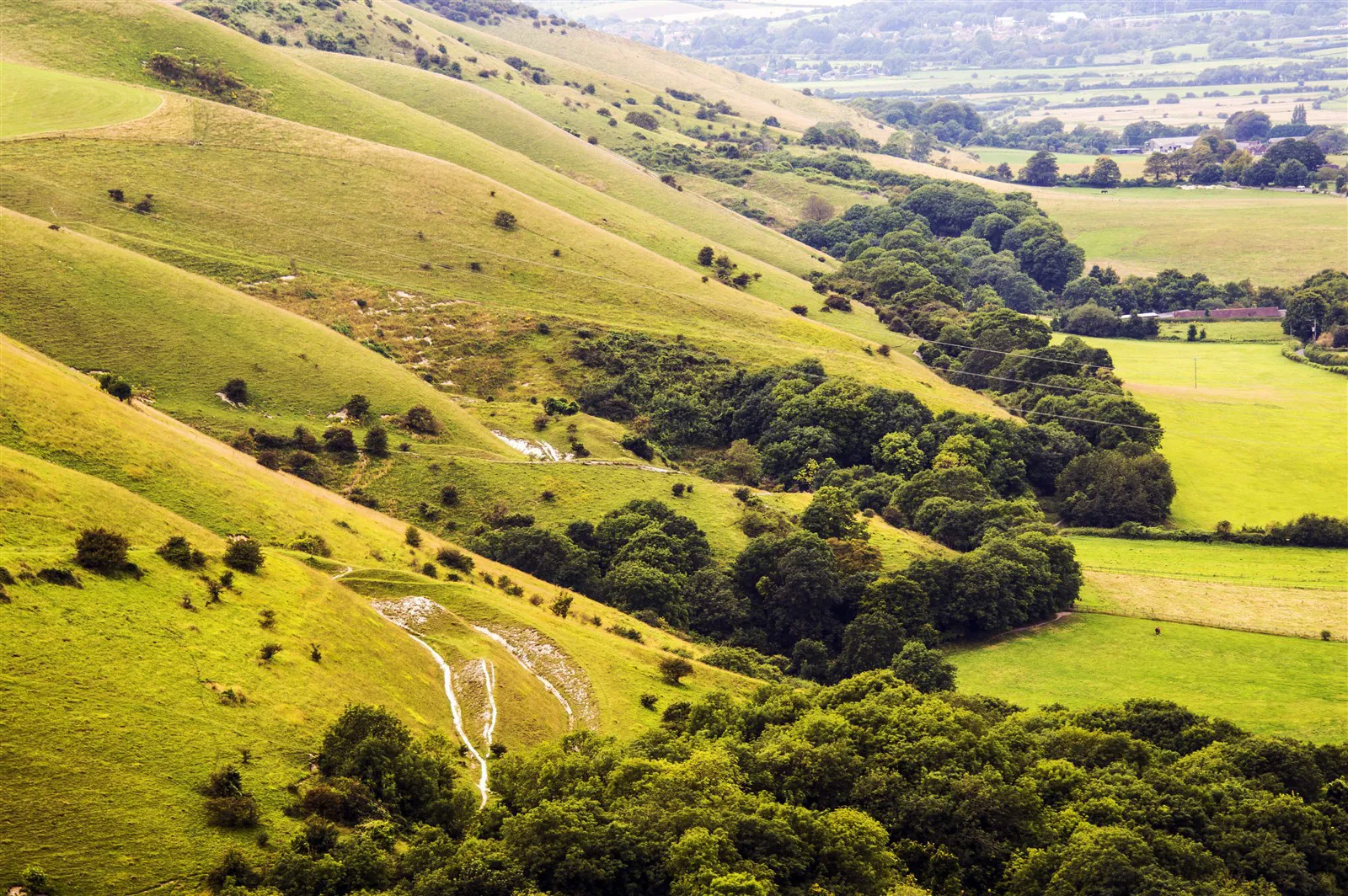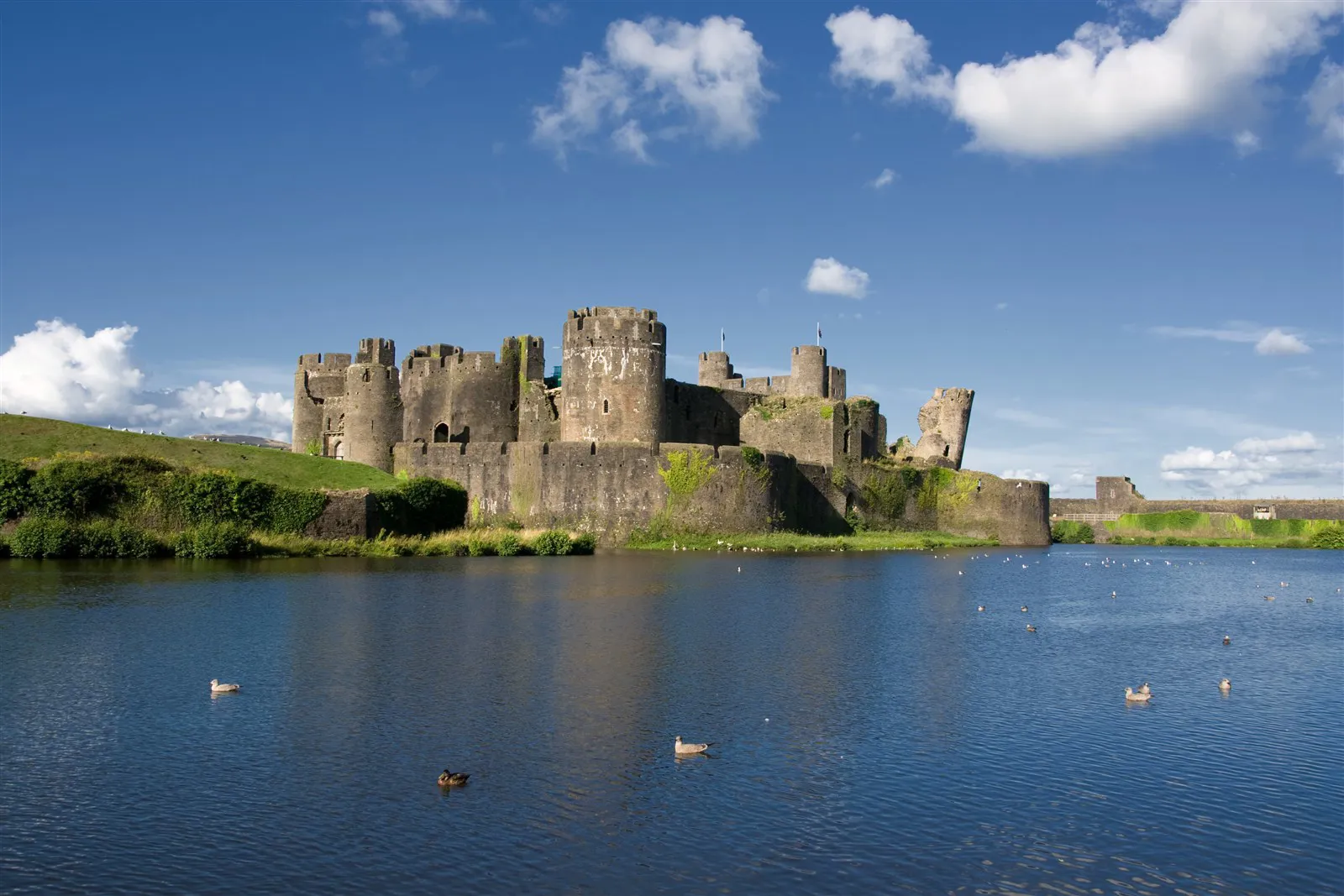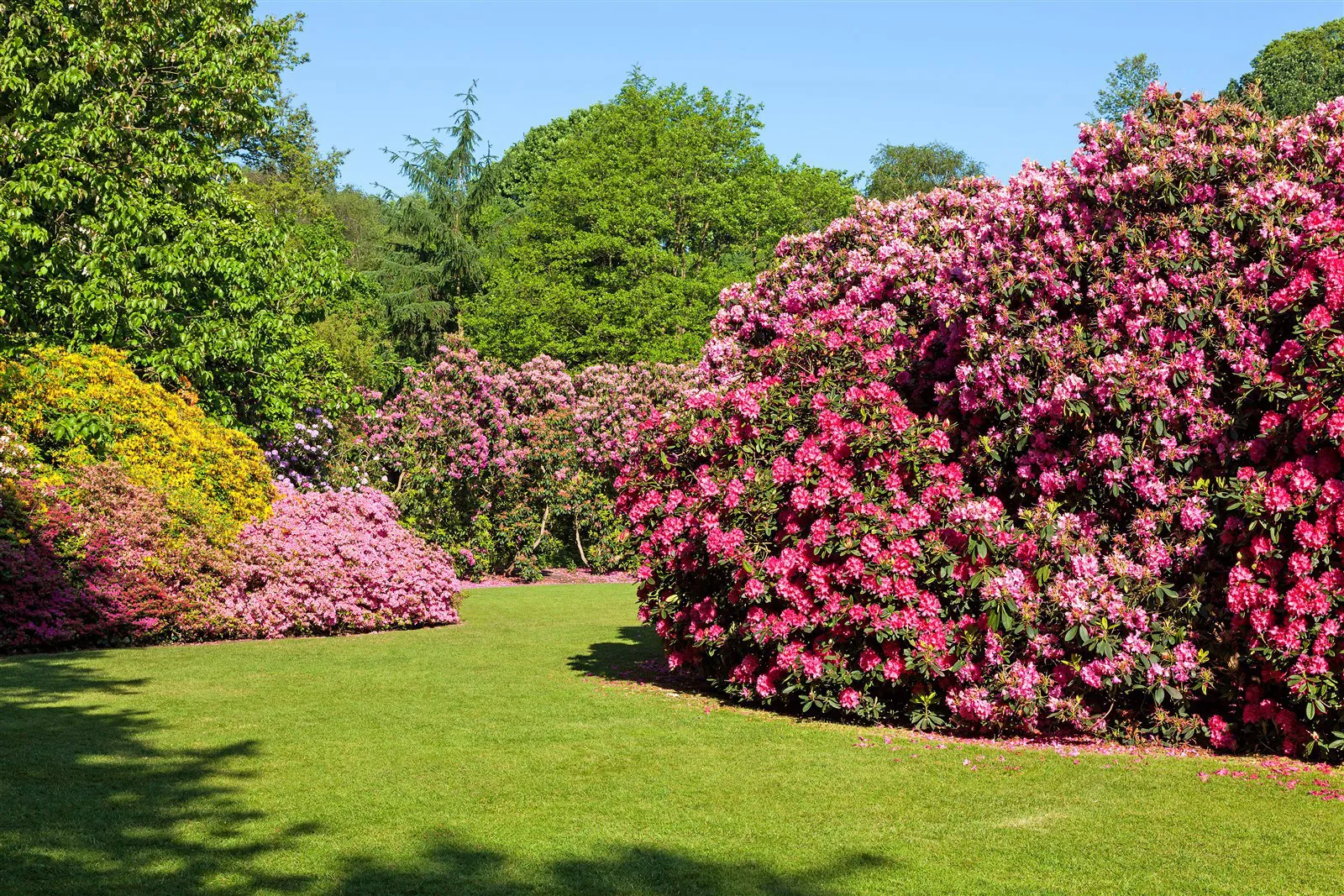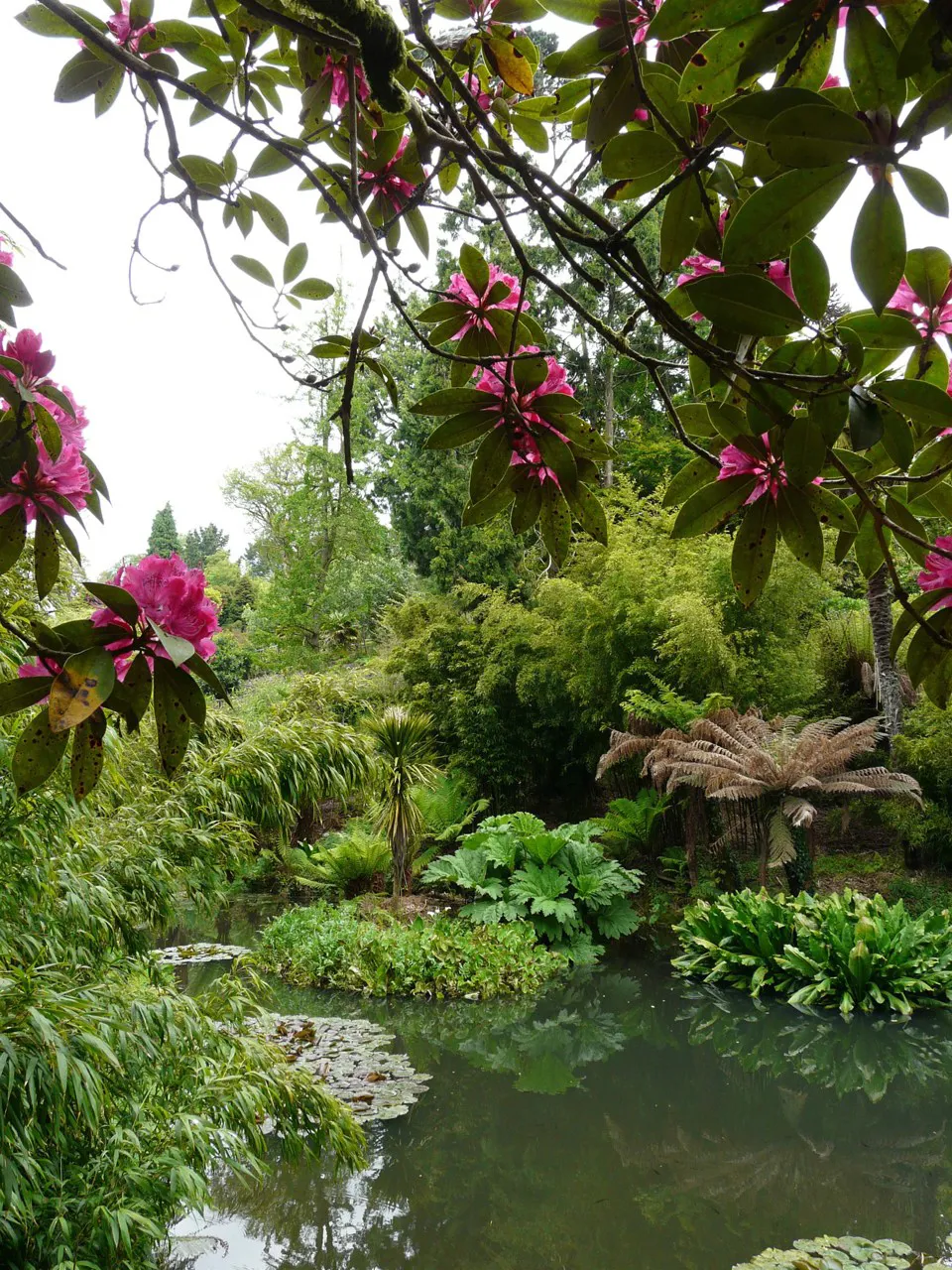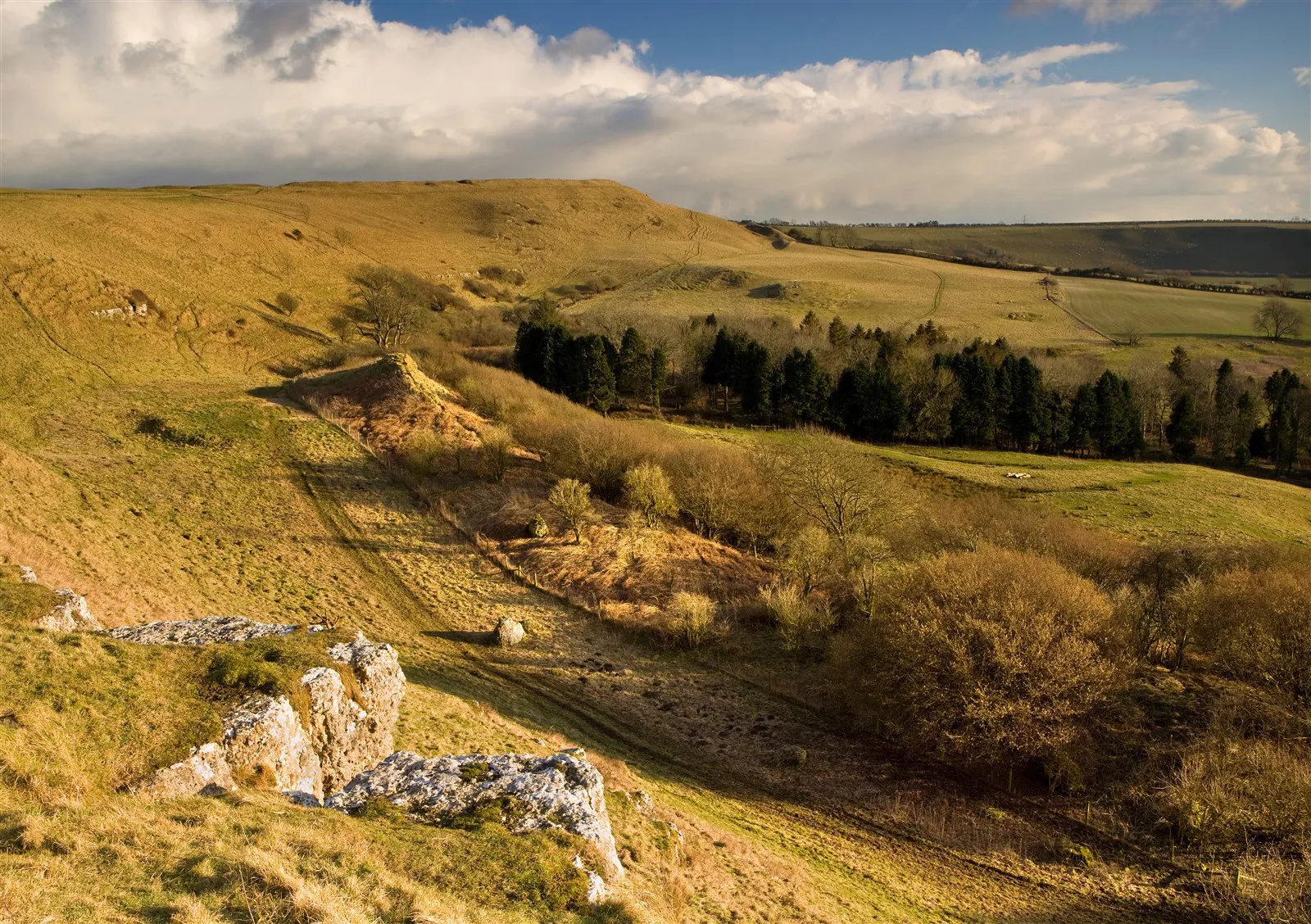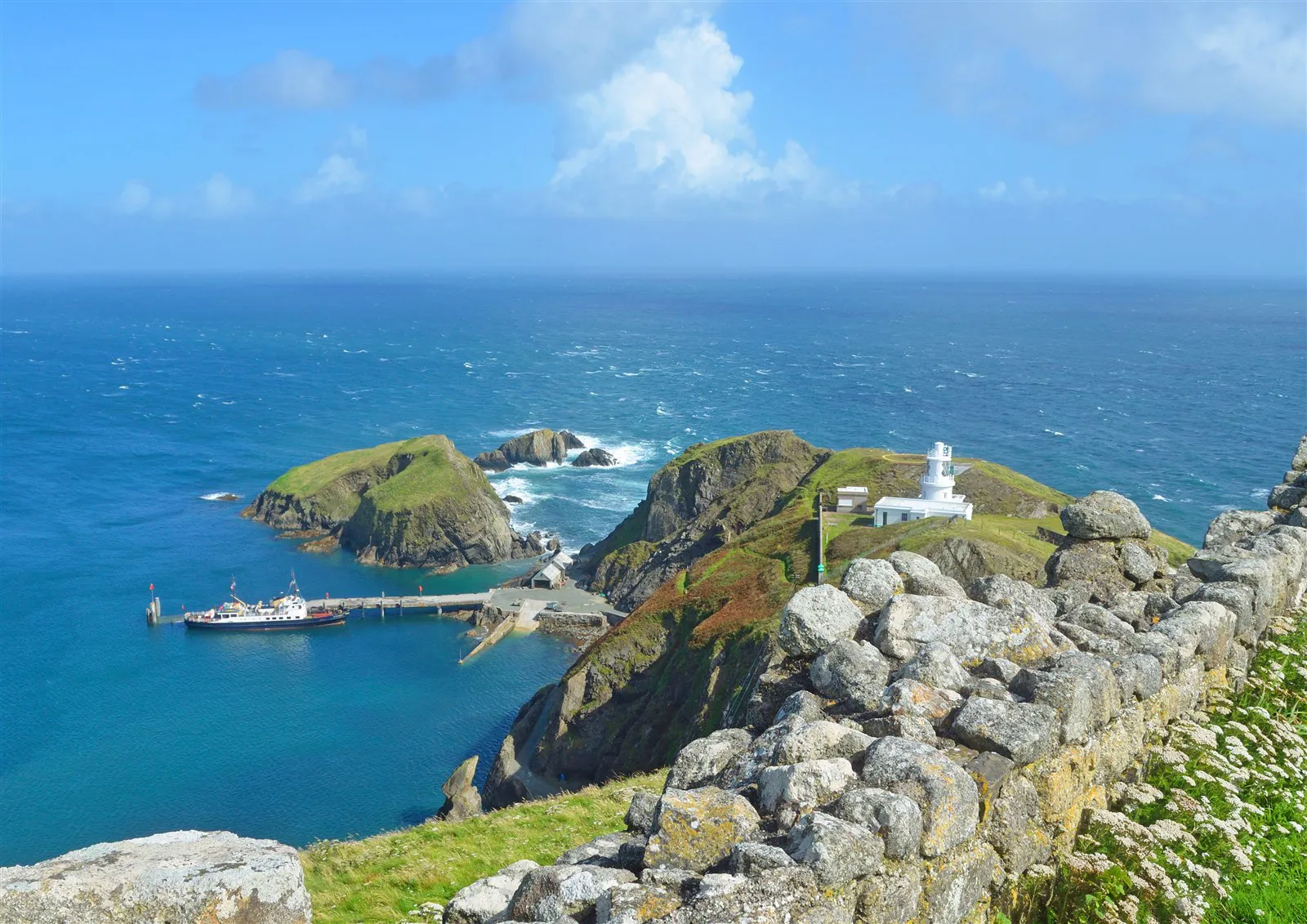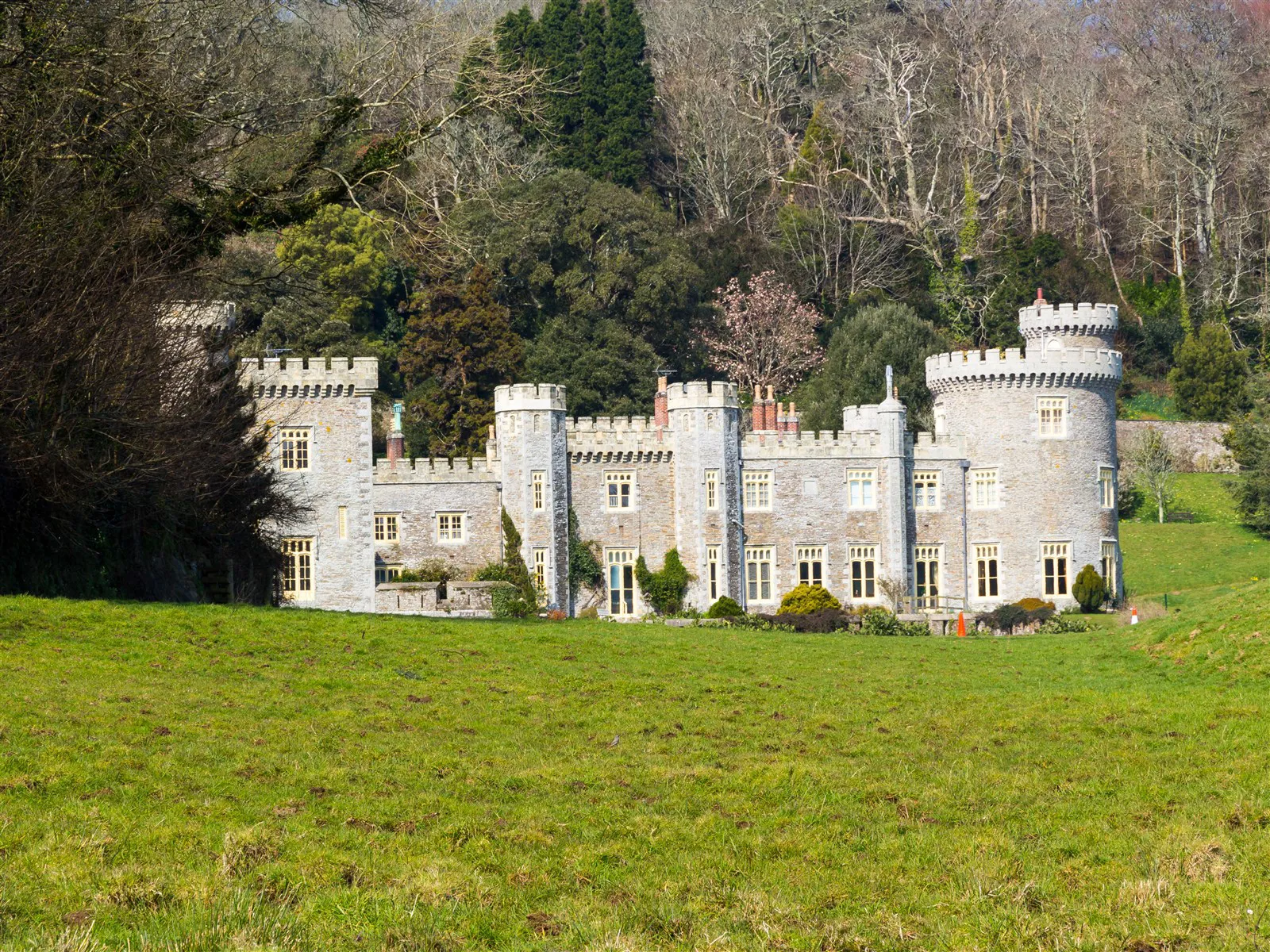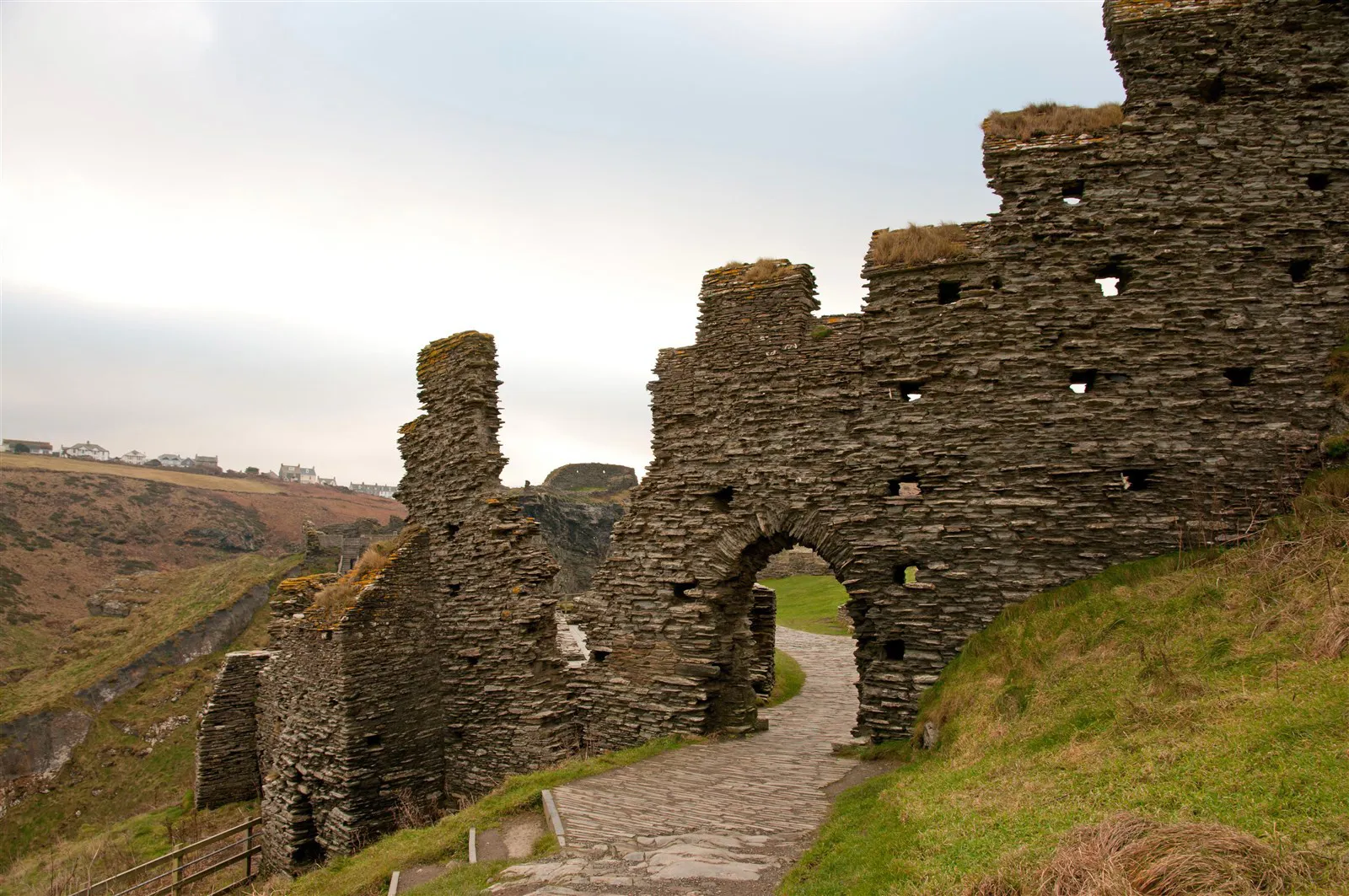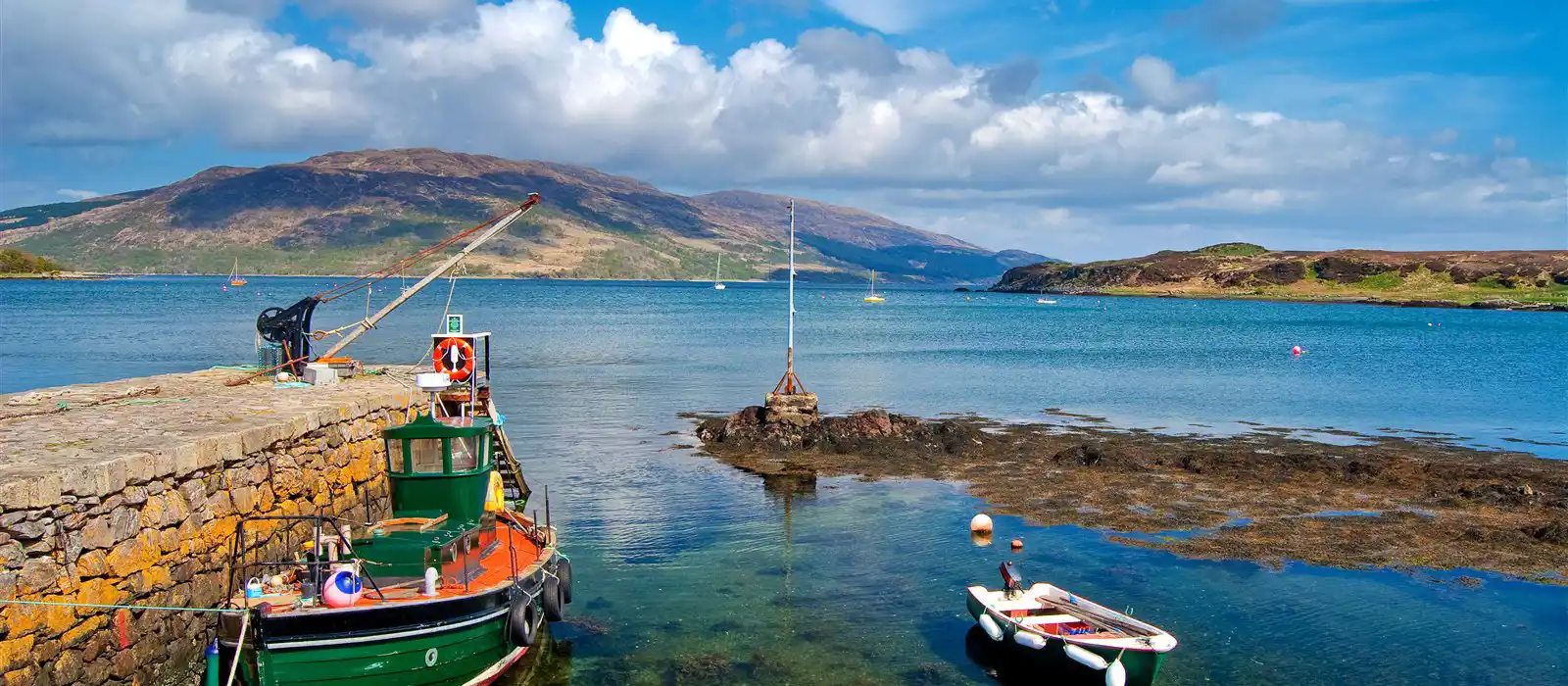
Fancy going sea fishing in Scotland? What you should know
With its long rugged coastline and wealth of fish species, Scotland is one of the world’s top destinations for sea angling. Both charter boat and shore fishing can be enjoyed in stunning coastal surroundings all year round. Whether you’re new to the sport or want to brush up on your knowledge, here’s our handy guide for sea fishing in Scotland.
Popular sea fishing spots
The west coast has the most diverse selection of species in Scotland. In the south west there’s Solway, famous for its sea trout and salmon. If you’re after large cod, head to Balcary Rocks during the winter. Further up the coast there’s Stranraer, home to the popular Loch Ryan, where there is an abundance of dogfish.
Heading north there’s Argyll and Bute if you fancy fishing in the picturesque sea lochs of Loch Lomond National Park & Trossachs National Park. In Loch Goil and Loch Long you can catch cod, whiting, plaice, mackerel, skate and pollack to name a few.
Over on the east coast in Aberdeenshire, there’s Cruden Bay, Sandford Bay and Peterhead Harbour, all well-known for their shore fishing for ling, conga, dab, turbot and sea bass.
If you’re in search of a bigger catch offshore, there are many quality charter boats available along the coast. The west coast is popular for its large skate, cod, pollack and even shark.
Ideal areas for beginners
If you’re new to sea fishing, it’s best to stick to the shore. The quiet sea lochs of Dumfries and Galloway in the South West are perfect for beginners. Many companies offer beginners’ lessons, such as Fun Fishing Scotland who also provide tuition for kids. Why not hire a ghillie (fishing guide)? They’ll give you pointers and advice on the prime fishing spots, as well as a good tale or two.
When to go
With such a tremendous variety of species, you can enjoy sea fishing pretty much all year round. Visit in the autumn to catch sea trout, or in winter if you’re after cod, whiting or haddock. In the spring you can catch flounder, bass or dogfish as they enter the river estuaries in the South West. If you go in summer you could hook wrasse, pollack or mackerel. Salmon can generally be fished from January to November.
Get equipped
There are many methods of sea angling, from spinning or float fishing with light tackle, to heavy beachcasting or boat fishing. Most tackle shops will be able to provide the appropriate tackle and bait for the local area. A rod and reel set-up can be purchased with a little financial outlay, or if you’re just trying it out there are many places to hire equipment.
Health and safety
Before fishing, pay attention to rising tides and weather conditions to make sure it is safe to go out. Always wear an appropriate life jacket when in a boat or wading, and be sure to check life saving equipment before going out on a charter. Take care on cliffs and don’t fish alone in remote spots. You should also look out for overhead power lines and take shelter during thunderstorms as fishing rods conduct electricity.
Dos and don’ts
• Do get permission or a permit for each area you fish in
• Do contact the local authority to check what bait and methods are allowed in each area
• Do respect local catch limits
• Don’t fish for salmon or sea trout on a Sunday as it’s strictly prohibited
• Don’t sell your catch of salmon or sea trout as it’s a criminal offence – return it to the water unless you intend to eat it
Everyone from seasoned anglers to first time fishers can enjoy world-class sea fishing in Scotland’
Fancy a fishing trip where you can instead simply relax onsite? See all of our campsites with fishing and choose your perfect site now.
Download our list of everything of you need to remember for the perfect camping trip!
DownloadThese ideas for days out, places to visit and other experiences offer something for everyone.
Browse Ideas